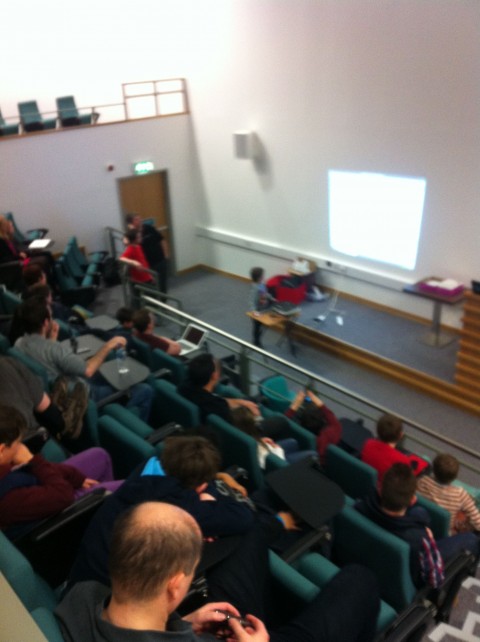Northern Ireland is currently suffering a massive skills gap. Every major IT employer in Northern Ireland is crying out for more skilled personnel. Some of them are wanting graduates, others are just wanting programmers who know what they are doing. That’s not to say we don’t have a lot of programmers, but we have very … Continue reading “It’s not my fault your code is wrong”
Northern Ireland is currently suffering a massive skills gap. Every major IT employer in Northern Ireland is crying out for more skilled personnel. Some of them are wanting graduates, others are just wanting programmers who know what they are doing.
That’s not to say we don’t have a lot of programmers, but we have very few great programmers. And we spend far too much time putting students through degrees where they can have their enthusiasm for life removed, module by module. Our programmers lack important skills – social skills, management skills and business skills. More importantly, for a global economy, customer skills.
Earlier this month, when questioning why an error occurred in some software, the developer first accused me of doing something stupid and when I replied this was not the case, a co-developer suggested another stupid thing. There seemed to be some sort of arrogant assumption that I, having been on the Internet for 20 years, would have clicked buttons randomly while trying to submit a form. I resented the implication because the problem was undoubtedly their code. But a blind-spot in their ability to deal with a customer left me feeling annoyed, under-serviced and resentful of the entire exchange. Add to that my general lack of satisfaction with customer-unfriendly solutions.
So, for the benefit of customers everywhere, keep in mind that the customer might be right, that they might not be idiots and that, just maybe, your code is wrong.
